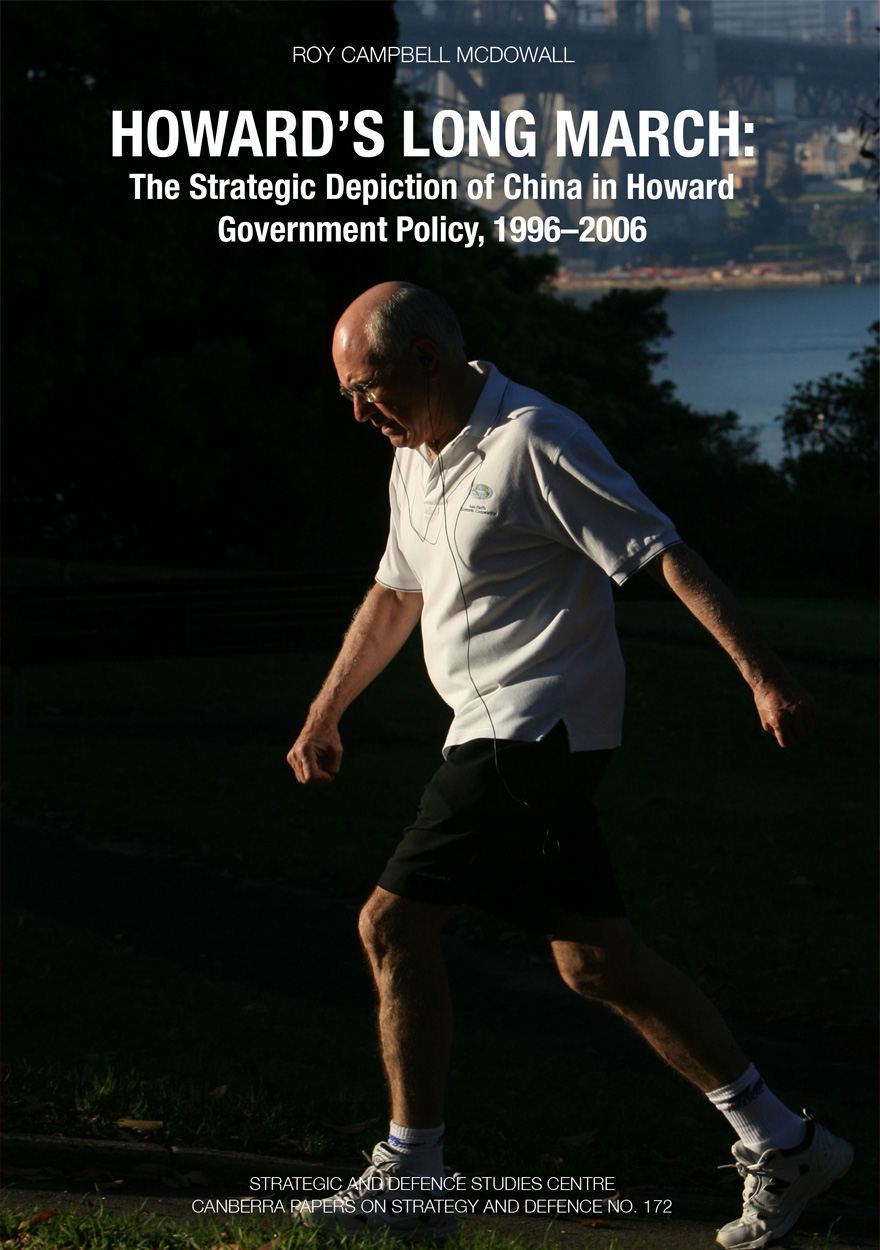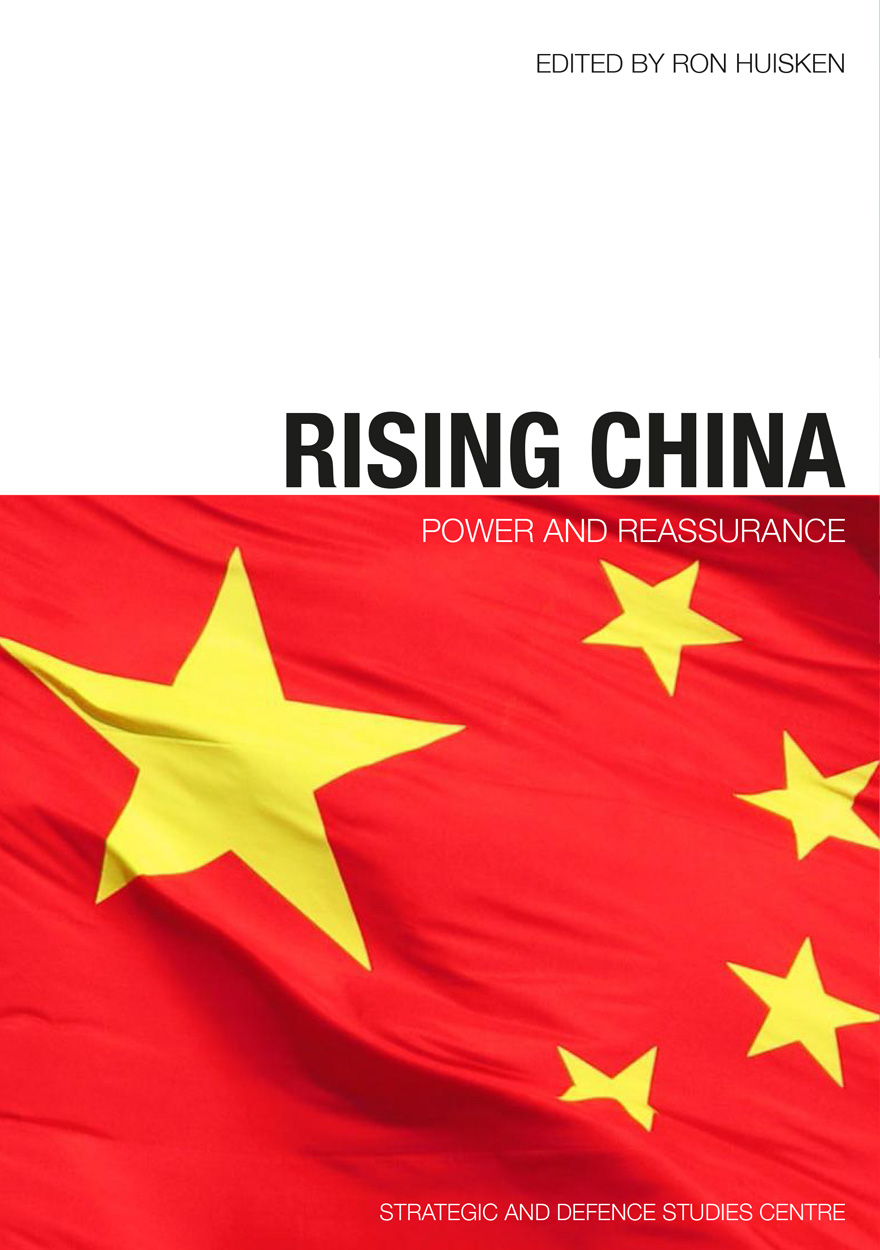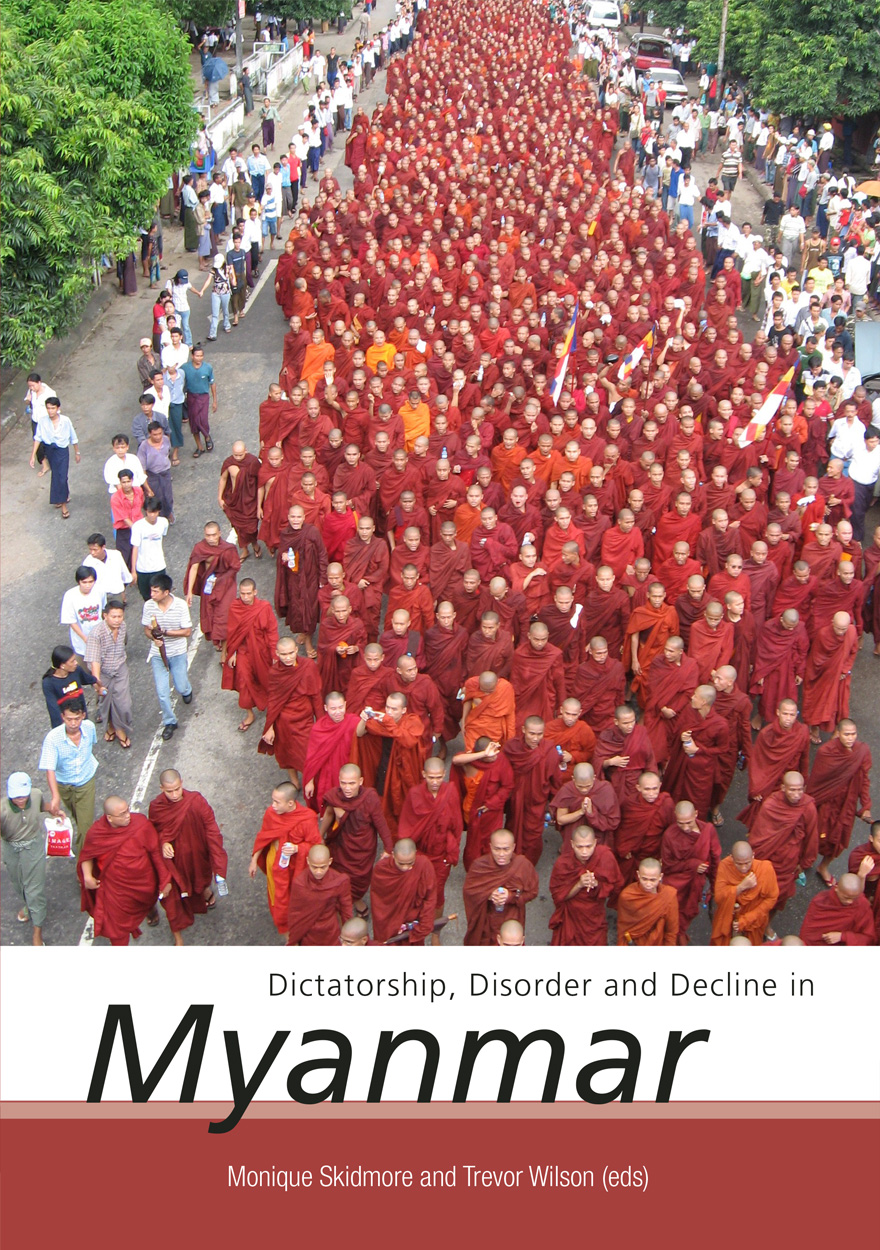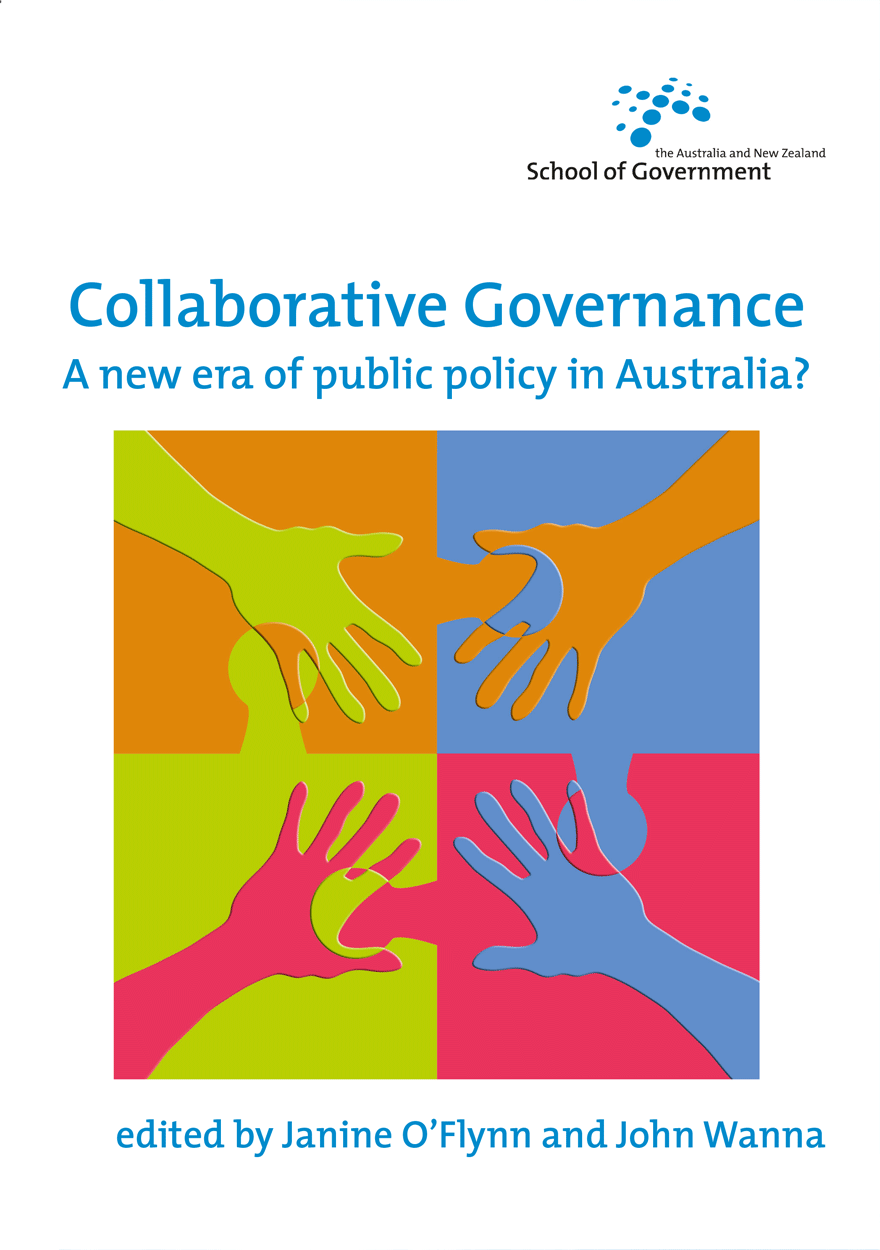Search titles
Displaying results 331 to 340 of 380.

China's New Place in a World in Crisis »
Economic, Geopolitical and Environmental Dimensions
Edited by: Ross Garnaut, Ligang Song, Wing Thye Woo
Publication date: July 2009
The world and China’s place in it have been transformed over the past year. The pressures for change have come from the most severe global financial crisis ever. The crisis has accelerated China’s emergence as a great power. But China and its global partners have yet to think or work through the consequences of its new position for the governance of world affairs. China’s New Place in a World in Crisis discusses and provides in-depth analysis of the following questions. How have China’s growth prospects been affected by the global crisis? How will the crisis and China’s response to it impact China’s major domestic issues, such as industrialisation, urbanisation and the reform of the state-owned sector of the economy? How will the crisis and the international community’s response to it affect the rapidly emerging new international order? What will be China’s, and other major developing countries’, new role? Can China and the world find a way of breaking the nexus between economic growth and environmental sustainability — especially on the issue of climate change?

The Role of Departmental Secretaries »
Personal reflections on the breadth of responsibilities today
Authored by: Andrew Podger
Publication date: June 2009
Andrew Podger’s monograph, The Role of Departmental Secretaries, Personal reflections on the breadth of responsibilities today, is an important contribution to the broader public policy discourse in Australia. Andrew has been, at times, an unflinching commentator on issues of bureaucratic performance, accountability and responsiveness to government. Andrew’s reflections are drawn from his own experiences within the inner circle of Australian policy-making. In this monograph, he presents a highly nuanced portrait of the role of Commonwealth departmental secretaries. Although a ‘player’ himself at key moments in recent policy history, Andrew is a dispassionate and thoughtful observer of events. This is not merely a memoir: this work is rich in analysis and Andrew offers a number of ‘lessons learned’ to be heeded (or not) by the present and future generations of policy practitioners.

Critical Reflections on Australian Public Policy »
Selected Essays
Edited by: John Wanna
Publication date: May 2009
This collection of ‘critical reflections’ on Australian public policy offers a valuable contribution to public discussion of important political and policy issues facing our nation and society. These essays are important not only because of the reputation and position of the various contributors, but because they are incredibly ‘content rich’ and brimming with new ideas.

The 2006 Military Takeover in Fiji »
A Coup to End All Coups?
Publication date: April 2009
This book explores the factors behind – and the implications of – the 2006 coup. It brings together contributions from leading scholars, local personalities, civil society activists, union leaders, journalists, lawyers, soldiers and politicians – including deposed Prime Ministers Laisenia Qarase and Mahendra Chaudhry. The 2006 Military Takeover in Fiji: A Coup to End All Coups? is essential reading for those with an interest in the contemporary history of Fiji, politics in deeply divided societies, or in military intervention in civilian politics.

Howard's Long March »
The Strategic Depiction of China in Howard Government Policy, 1996–2006
Authored by: Roy Campbell McDowall
Publication date: March 2009
Australia’s strategic depiction of China has assumed increased importance as it attempts to harmonise economic interests (focusing on China) with security interests (primarily the United States). In this period of strategic transition, how Australia incorporates the rise of China into its existing security commitment under ANZUS has become a delicate issue. This investigation follows the intriguing evolution of the Howard Government’s depictions of China, and reveals a complex and calculated strategy that successfully transformed a potentially volatile conflict of interests into a functional foreign policy.

Rising China »
Power and Reassurance
Edited by: Ron Huisken
Publication date: March 2009
Asia looks and feels very different now compared to the days of the Cold War. The sense that Asia now works differently can be traced to a single source – the re-emergence of China. China was the dominant power in greater Asia for most of recorded history. This historical norm was interrupted from the early 19th century, too far into the past to be recognisable and readily accommodated by the actors in today’s international arena. A powerful China feels new and unfamiliar.
Arriving peacefully at mutually acceptable relationships of power and influence that are very different from those that have prevailed for the past half century will be a demanding process. The world’s track record on challenges of this kind is not terrific. It will call for statesmanship of a consistently high order from all the major players, and building the strongest possible confidence among these players that there are no hidden agendas.

The Changing South Pacific »
Identities and Transformations
Edited by: Serge Tcherkézoff, Françoise Douaire-Marsaudon
Publication date: December 2008
The texts collected in this volume take an anthropological approach to the variety of contemporary societal problems which confront the peoples of the contemporary South Pacific: religious revival, the sociology of relations between local groups, regions and nation-States, the problem of culture areas, the place of democracy in the transition of States founded on sacred chiefdoms, the role of ceremonial exchanges in a market economy, and so forth.
Each chapter presents a society seen from a specific point of view, but always with reference to the issue of collective identity and its confrontation with history and change. The collection thus invites the reader to understand how the inhabitants of these societies seek to affirm both an individual identity and a sense of belonging to the contemporary world. In doing so, it informs the reader about the contemporary realities experienced by the inhabitants of the South Pacific, with a view to contributing to an intercultural dialogue between the reader and these inhabitants.

Coup »
Reflections on the Political Crisis in Fiji
Edited by: Brij V. Lal, Michael Pretes
Publication date: December 2008
May 19, 2000. Fiji’s democratically elected multiracial government is hijacked by a group of armed gunmen led by George Speight, and held hostage for fifty days. Suva, the capital, is torched and looted as Speight’s supporters gather on the lawns of the parliamentary complex, dancing, cooking food, celebrating the purported abrogation of the constitution that brought the People’s Coalition government to power. The country is plunged into darkness yet again, enduring the pain of three coups in a period of just thirteen years. The process of healing and reconciliation, symbolised by the enactment of a new Constitution, unanimously approved by Parliament and blessed by the powerful Great Council of Chiefs, lies discarded, as winds of ethnic chauvinism sweep through the countryside, damaging the fragile fabric of multiculturalism that was carefully constructed by so many over many years. The economy is on the brink of collapse, investor confidence has vanished, and the best and the brightest are seeking succour on other shores. Fiji falls victim, yet again, to the prejudice and greed of a section of its people.
This book gathers together a handful of memoirs of those tragic events in Fiji. They were written while the gun was still smoking; personal, anguished reactions of people from all walks of life, concerned about a country they all love but deeply distressed by the developments there. They are first reactions. They will in time become essential building blocks for a larger interpretive framework of academic analysis about origins, processes and impacts. Straight from the heart, these memoirs will be remembered as the people of Fiji and their friends elsewhere contemplate the wreckage and ruin brought about by that act of madness in the month of May 2000.

Dictatorship, Disorder and Decline in Myanmar »
Edited by: Monique Skidmore, Trevor Wilson
Publication date: December 2008
Mass peaceful protests in Myanmar/Burma in 2007 drew the world’s attention to the ongoing problems faced by this country and its oppressed people. In this publication, experts from around the world analyse the reasons for these recent political upheavals, explain how the country’s economy, education and health sectors are in perceptible decline, and identify the underlying authoritarian pressures that characterise Myanmar/Burma’s military regime.

Collaborative Governance »
A new era of public policy in Australia?
Edited by: Janine O'Flynn, John Wanna
Publication date: December 2008
Collaboration has emerged as a central concept in public policy circles in Australia and a panacea to the complex challenges facing Australia. But is this really the cure-all it seems to be? In this edited collection we present scholarly and practitioner perspectives on the drivers, challenges, prospects and promise of collaboration. The papers, first presented at the 2007 ANZSOG Conference, draw on the extensive experience of the contributors in either trying to enact collaboration, or studying the processes of this phenomenon. Together the collection provides important insights into the potential of collaboration, but also the fiercely stubborn barriers to adopting more collaborative approaches to policy and implementation.
The collection includes chapter from public servants, third sector managers, and both Australian and international academics which together make it a stimulating read for those working with or within government. It adds considerably to the debate about how to address current challenges of public policy and provides a significant resource for those interested in the realities of collaborative governance.



